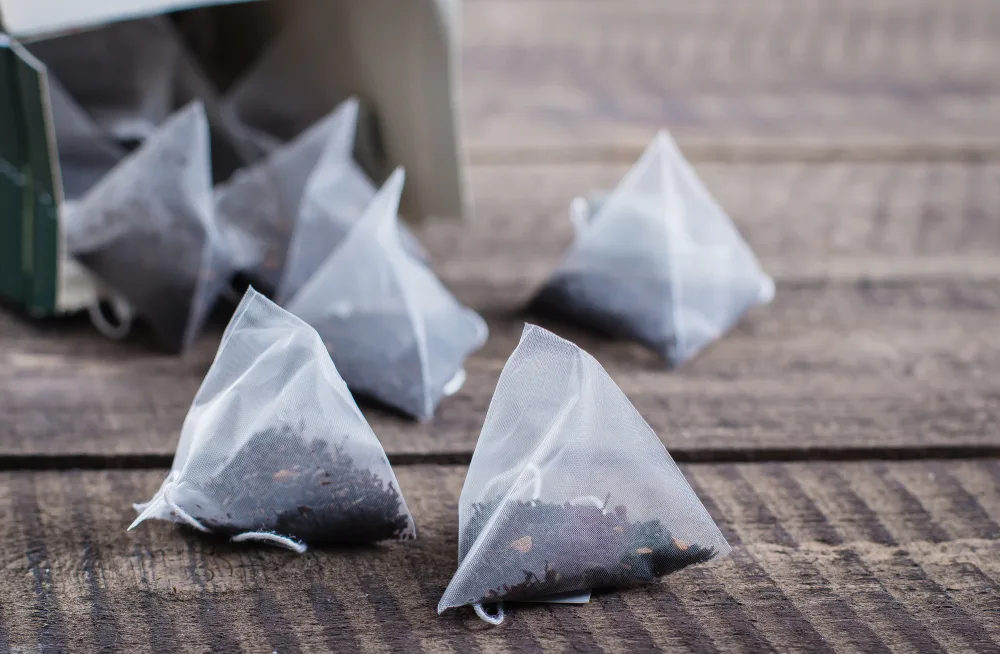Nothing beats starting the day with a nice cup of tea, but did you realize you could extend the usefulness of your tea by incorporating used tea bags into your garden soil?

Tea bags are convenient fertilizers, supplying nitrogen, tannic acid, and other elements that contribute to a fertile growing environment. As tea leaves degrade, they gradually release nutrients into the soil.
If you plan to use tea bags in your garden, ensure they’re free of plastic components.
It’s advisable to avoid composting any items containing plastic. When broken down, they can generate microplastics, which are detrimental to soil health and plant growth.
To maximize the utility of plastic-containing tea bags, consider slicing them open and distributing the tea leaves onto your plant soil—it aids in enhancing soil aeration.
Here’s a rundown on how to repurpose tea bags in your garden:
1. Composting
Utilized tea bags, along with the enclosed tea leaves, can be introduced to your compost pile. Tea leaves are teeming with nutrients like nitrogen, enriching the compost and enhancing soil fertility.
Teabags are valuable contributors to compost heaps, providing the bag and its contents with organic matter that facilitates composting.
They enhance plant vitality and soil fertility while diminishing waste sent to landfills. Typically, decomposing in a hot composting environment takes about six to eight weeks and slightly longer in regular compost bins.
2. Moisture retention
Used tea bags can help retain moisture in plant soil. According to gardening expert Harry Bodell. This moisture retention technique is especially advantageous for potted plants or during periods of hot weather.
Ensure you open the tea bag and disperse the leaves rather than discarding the entire bag. Additionally, ensure the tea leaves are dry before application.
3. Mulching
Dried tea leaves can be sprinkled around plant bases as a natural mulch. They assist in retaining soil moisture, moderating soil temperature, and suppressing weed growth. Before use, remove any staples or tags from the bags.
4. Natural pest control
Certain compounds in tea can deter pests such as slugs and snails. To help ward off these pests, scatter used tea bags or sprinkle dried tea leaves around vulnerable plants.
